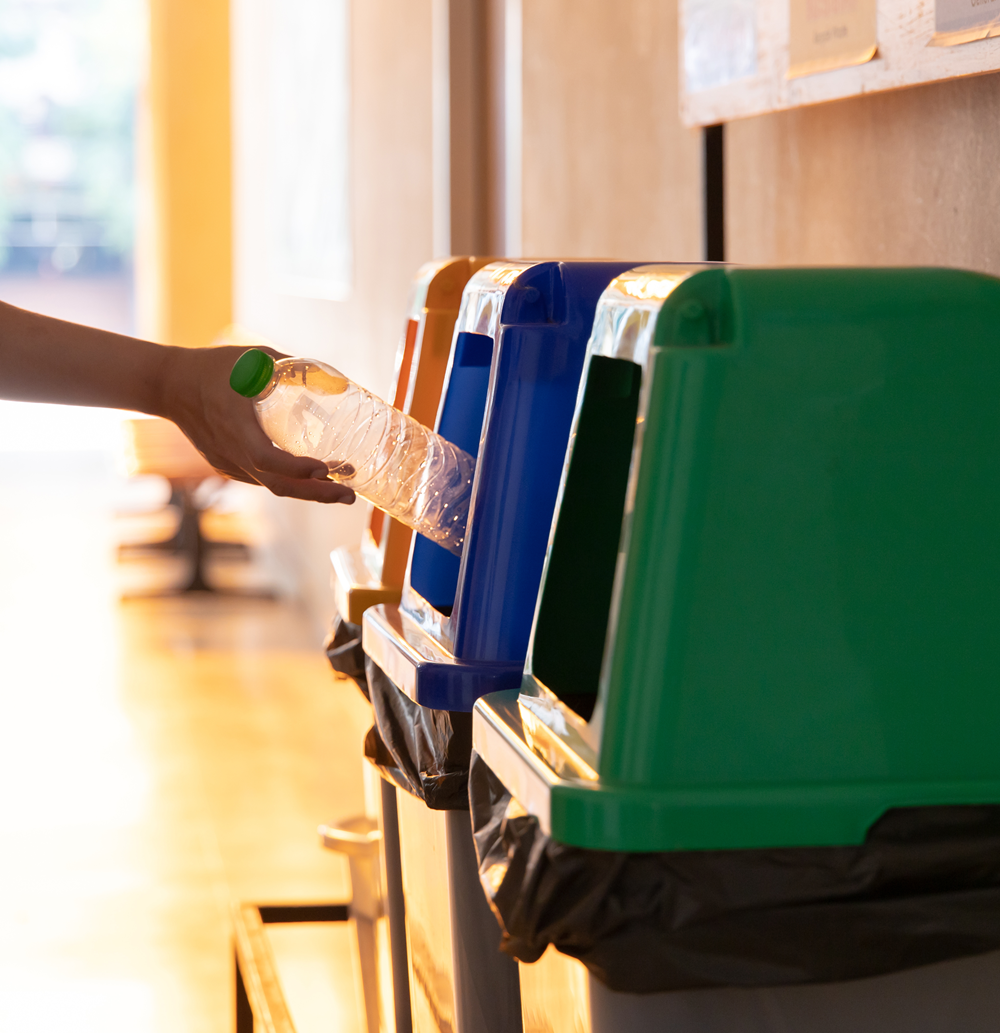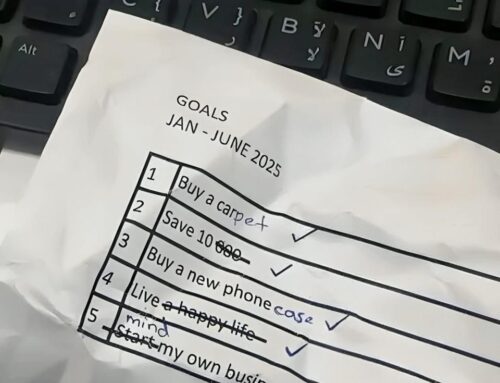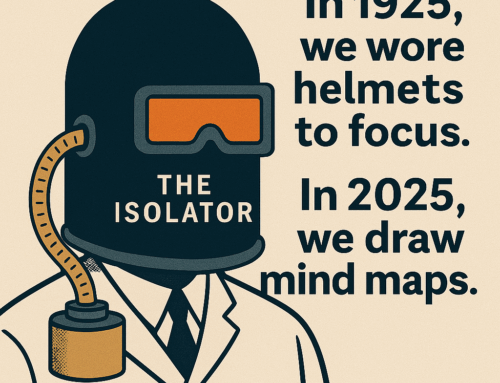In today’s digital age, we often find ourselves overwhelmed by the constant influx of information, notifications, and digital distractions. Our digital spaces can quickly become cluttered, hindering our ability to focus, prioritize, and ultimately be productive. Decluttering your digital space allows you to remove distractions and create a focused environment. You get the following benefits when you delete stuff that you do not need anymore
- A cluttered digital environment can thwart quick access to vital materials, resulting in a significant blow to productivity. The inability to retrieve essential information promptly may lead to abandoning planned work or, at best, wasting valuable time searching for materials.
- Streamlining your digital space by removing visual and digital distractions enables a focused environment, promoting increased productivity and mental clarity.
- Despite the decreasing cost of digital storage, maintaining unnecessary data still incurs a hidden expense. Ask people who have run out of free space given by Google which they never thought they would.
Let’s explore the process of digital decluttering and how organizing and streamlining our digital lives can have a profound impact on productivity.
The key to effective decluttering lies in planning spaces for essential items. Once you organize all the useful artifacts into well-organized and planned spaces, you can easily and confidently get rid of the clutter left. Without such a system in place, it is difficult to draw a line between what is important and what is not. Let’s take an example. When you get an email or a message with information and documents, if you already have planned some folders on your computer for those artifacts, you would be able to extract that information and save it at the appropriate planned location and be able to delete the message or mail if it is inconsequential.
One common hurdle to decluttering is the perception of insufficient time, a valid concern. There are a few strategies to beat that:
- Delete material such as Email messages, SMS messages, or documents that are unwanted or whose purpose is met, while you are working on them. Another example would be that you may unsubscribe to newsletters that you don’t need anymore when you are looking at one. I call it a DRIFT (Do it RIght The First Time) policy. Do not accumulate trash till that sunny day when you think you have a whole world of time to delete unwanted material.
- Reserve brief routine time slots, such as when you wait for the elevator, during a commute, or that precious time slot in the loo, for deleting unwanted stuff, such as images, and videos on your phone. You may create a bunch of folders or albums in the gallery app of your mobile, such as selfies, family, friends, funny pics, funny videos, shopping, and good pics. What albums you create depends on what you want to retrieve. When you make a quick pass through what you have received, you move the things into those pre-created albums and delete the stuff you don’t ever need.
- With the above two strategies, you will retain less clutter but even when it gets accumulated over a long time becomes a task. And you will need a time slot to clear that stuff. You don’t have to set a fixed frequency to do that as that would be a little too artificial to get you enough motivated to take up. It should be one of your, what I call, “once in a while” routines. You could list down all such routines “on the back” of your to-do list to review and bring it to the to-do list, whenever you feel you have enough clutter to clear and also have some time at your hand, like a canceled meeting.
However, caution is crucial when deleting, as there’s a risk of accidentally discarding essential items. Leveraging digital recycle bins, offered by various apps and operating systems, provides a safety net. Creating recycle folders within important directories further mitigates the risk, allowing for secure storage until the certainty of disposal.
In conclusion, digital decluttering emerges as a potent tool for enhancing productivity in our digitally saturated lives. By actively organizing digital spaces and managing communication channels, we unlock improved focus, efficiency, and mental clarity. Embracing the principles of digital decluttering empowers individuals to harness the full potential of digital tools, fostering a more productive and streamlined digital existence.
Subscribe to my newsletter, to get tips like this and more, directly in your inbox!





